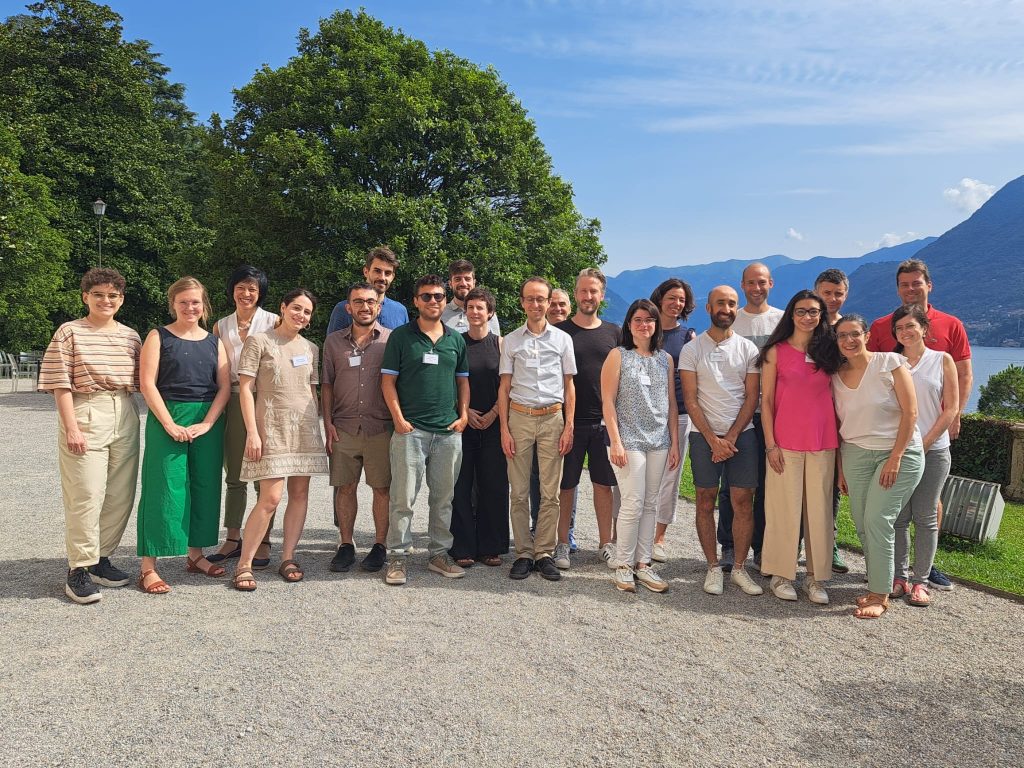Workshop on Climate Migration
July 22-24, 2024 – Villa Grumello, Como Lake, Italy
Held from July 22nd to 24th, 2024, at Villa Grumello, Italy, the workshop was an opportunity for experts in the field of climate migration to present their latest findings and discuss the implications of climate change for human mobility.
The 3-day workshop was organized by Cristina Cattaneo and Soheil Shayegh, two researchers from the European Institute on Economics and the Environment (EIEE), and included 14 speakers and 5 attendees from CMCC. The workshop was structured in 4 sessions.
The first session centered around the role of “Migration as Adaptation”, and its interplay with different climate-related adaptation instruments, such as physical infrastructure, financial aid and credit, and lower trade frictions. The experts discussed the role of these different instruments in reducing the effect of climate change on migration and their possible distributional effects.
A second session focused on “Data and Modeling Improvements” and showcased the use of novel databases such as satellite images of urban settlments, social media data – from X, Facebook – and Google search data, for improving gaps in traditional sources, in particular when researchers need to rely on data with a high geographical resolution and timely data, for example right after a fast onset event occured. The session underlined the need for a better understanding of how, and under which circumstances, regarding ethical, data protection, and privacy concerns, such data should be used to study climate-induced migration.
The “Heterogeneity in responses” session discussed the questions of who migrates and who stays behind by delving into the different mechanisms through which climate change impacts migration intention, aspiration, and capabilities of vulnerable communities and individuals. Through case studies, it was also demonstrated that immobility might be a choice or a result of alternative adaptation choices, rather than simply the lack of migration capability.
Finally, during the last session on “Future Migration and implications”, the experts discussed the large uncertainties over models used for the climate-induced migration projections and the role of existing and future policies in shaping migration flows.

Acknowledgements
This workshop was sponsored by:
- “Predicting socio-economic impacts of climate change” CMCC scientific program. The program pushes climate research beyond scenarios and climate forecasts, towards impact prediction.
- “Global Excellence in Modeling Climate and Energy Policies” project, which has received funding from the European Union’s Horizon 2020 research and innovation program under the Marie Skłodowska-Curie grant agreement No 870245.




